News
Jessica Brown
Aug 16, 2017
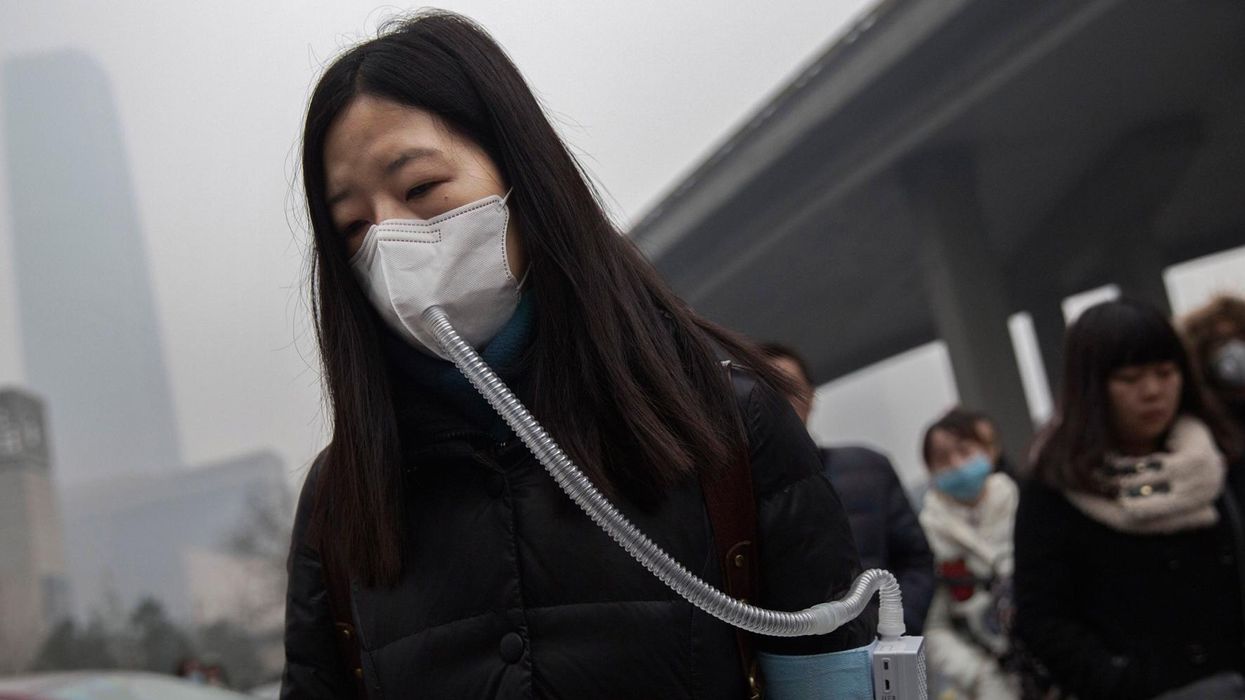
Picture:
Kevin Frayer/Getty Images
When we think of the future, we muse on hover cars and robots doing the ironing, but it’s actually a tiny bit more sinister.
IKEA’S latest sustainability report, People and Planet Positive 2017, has outlined some of the challenges facing not only businesses, but all of us, in coming years.
The report outlines that:
The world will be four degrees Celsius hotter by the end of the century.
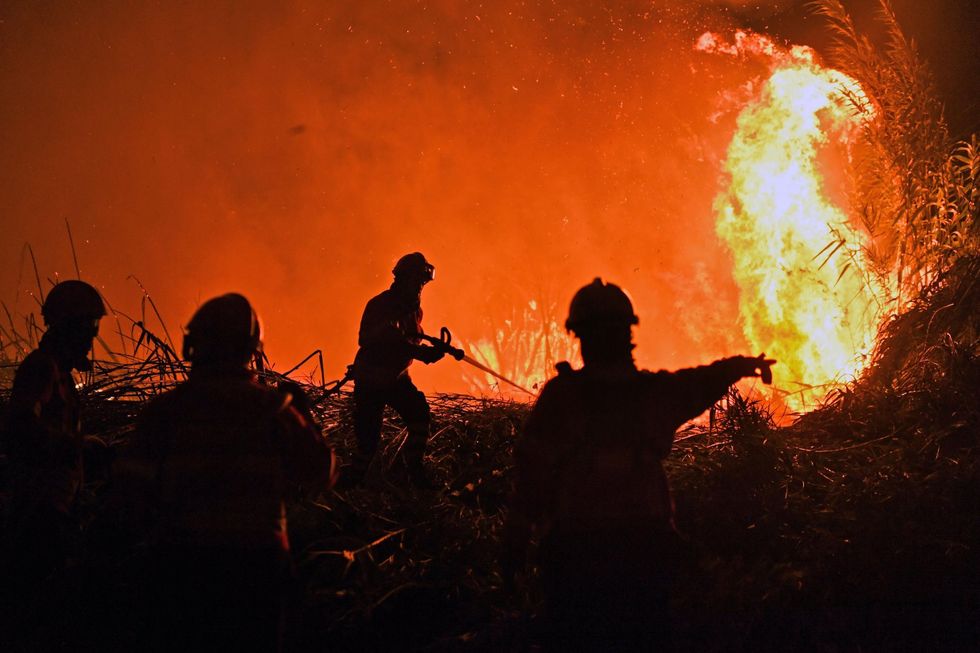
In the year 1900, there were just 12 cities with a population over 1 million, today there are more than 400 and urban population grows by more than one million people every week
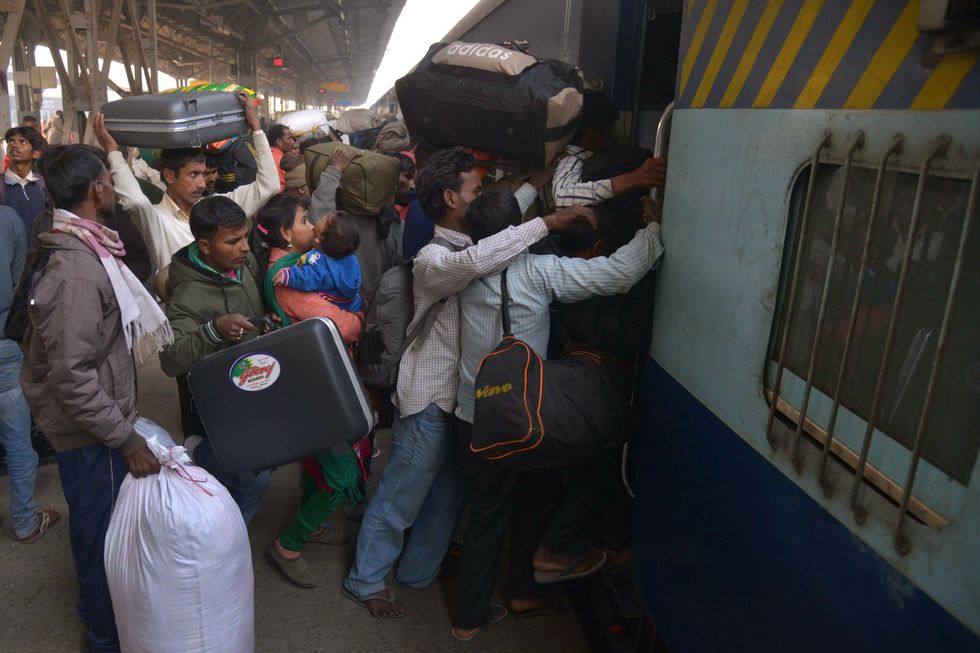
We are currently using resources at a rate that requires 1.5 planets
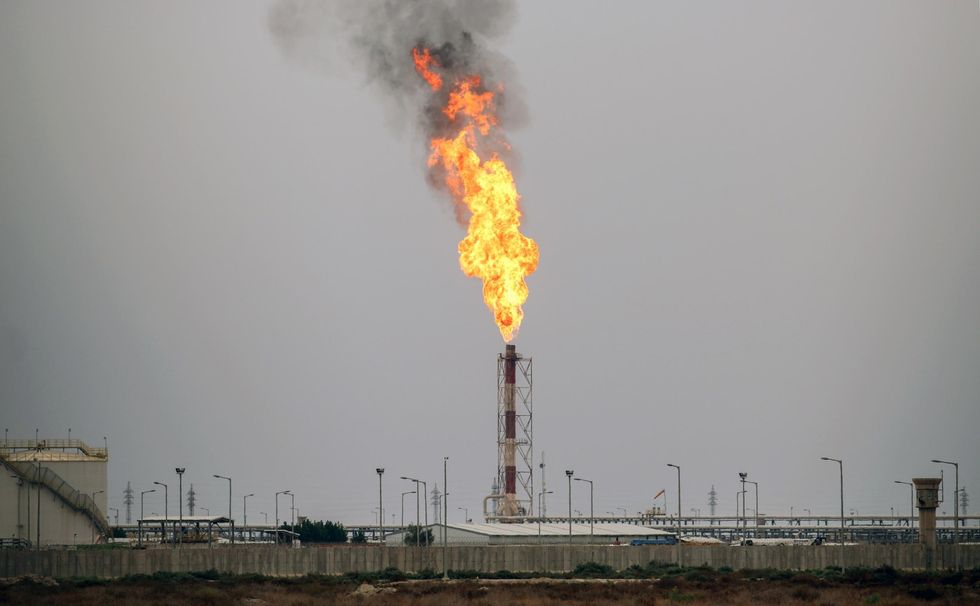
By 2030 almost half of the world’s population will live in places with scarce water
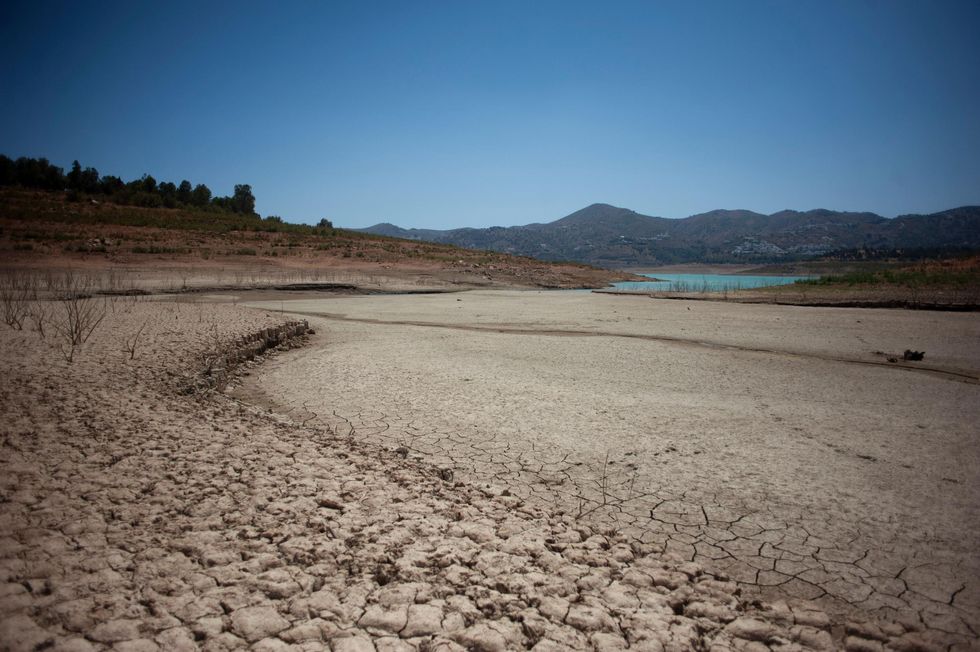
To combat some of these dramatic changes over the next few decades, hundreds of millions of homes will shift to smart home energy management and produce own power
And that's not all.
The UN estimates a global population of nearly 9.8bn by 2050. It took until the early 1800s for the world population to reach one billion. Now we add a billion every 12-15 years.
And in order to feed everyone, we will need 70 per cent more food by 2050.
All great apes, including chimps, gorillas and orang-utans are at risk of extinction.
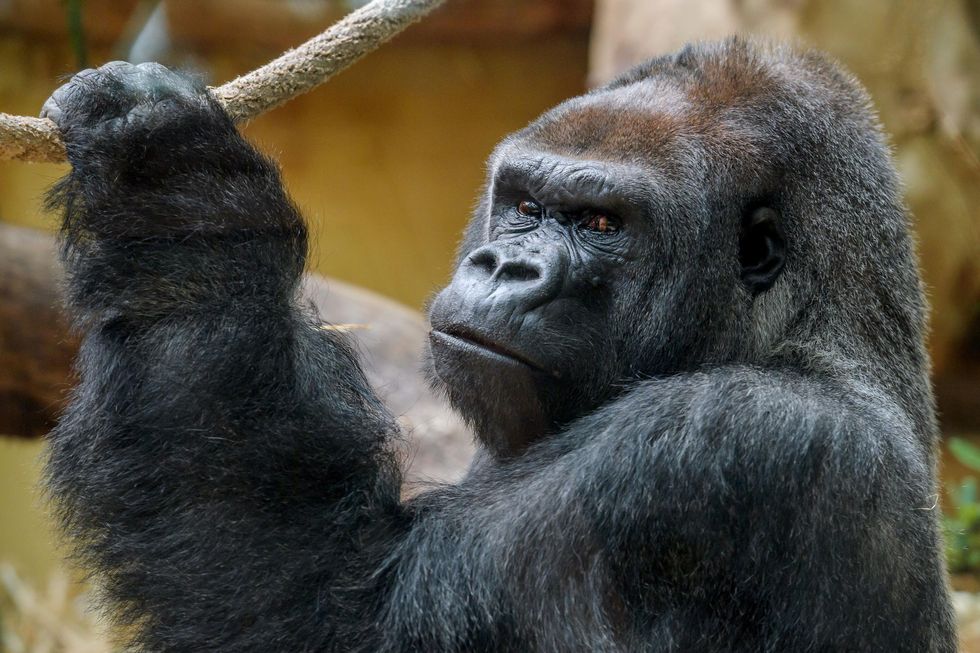
We’ll face more transport delays, greater emissions and more air pollution, and public transport will also be more overcrowded.
The number of environmental refugees could reach 200 million by 2050, due to climate change-related drought and flooding.
Top 100
The Conversation (0)













